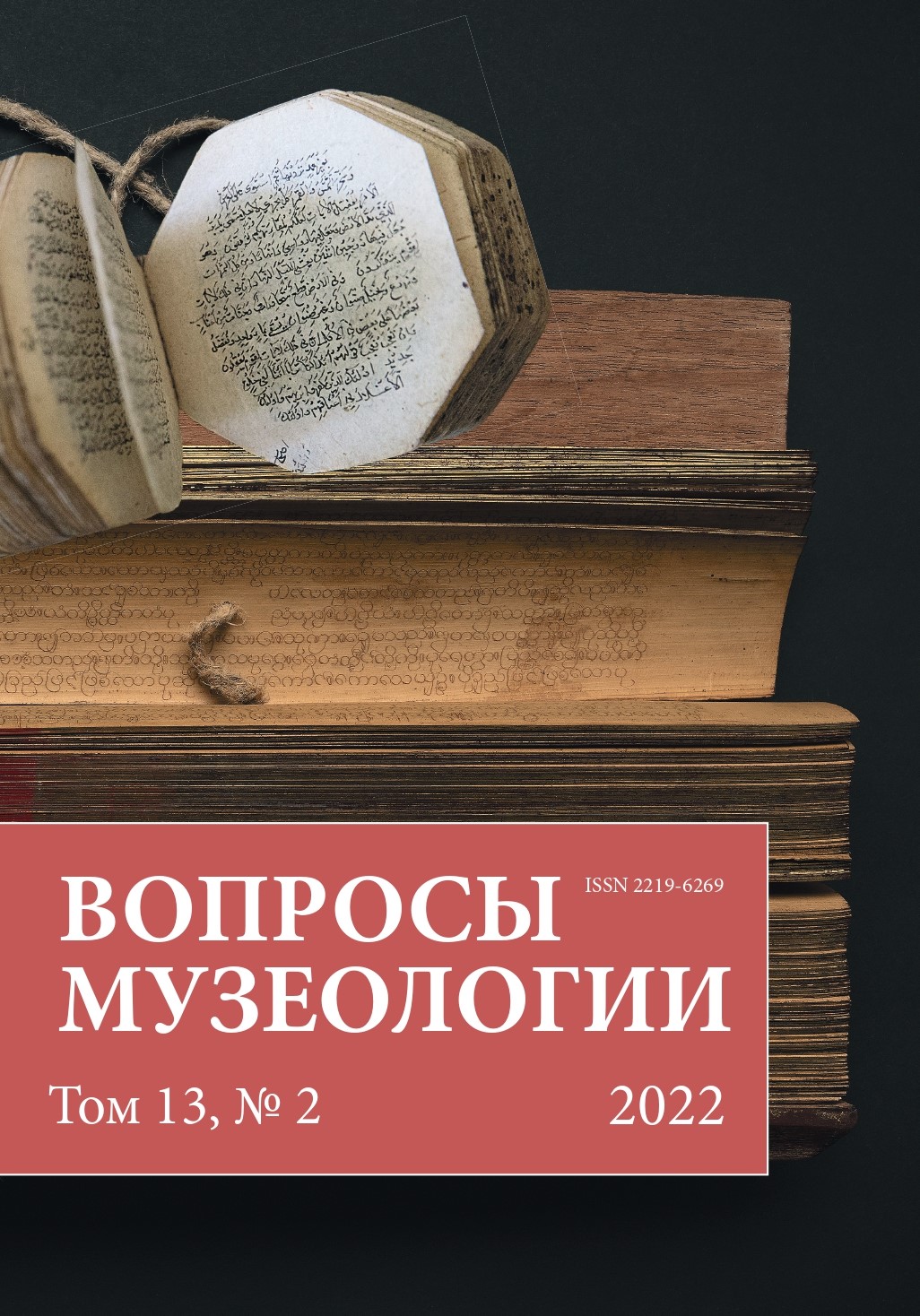The role of the Don Museum in the formation of the regional research tradition of the Don host region
DOI:
https://doi.org/10.21638/spbu27.2022.203Abstract
The article is devoted to the importance of the Don Museum for the formation of the regional research tradition of the Don Cossacks. It shows that among the Don Cossacks there was a request to create research on the Don region, and professional science did not fulfill this request. In such conditions, the Don Cossacks’ own research tradition was formed, which initially had a purely amateur character. Since 1880 the most important center of amateur studies of the Don region is first the various bodies preparing the creation of the Don Museum, and then (since 1899) the Don Museum itself. With the support of the host administration, the museum assumed the functions of not only a museum, but also the most important scientific and socio-political center in the region. A lot of work has been done both in the preservation and in the scientific processing of artifacts and documents; the formation of the first professional scientists from the Don Cossacks, for whom the native land became the most important research topic, is closely connected with the museum. At the same time, it should be noted that the role of the Don Museum in the development of the Don professional science was not unambiguous: the head of the museum, Kh. I.Popov, who himself did not even have a primary education, resisted the fact that even the most authoritative scientists of non-Cossack origin led the studies of the Cossacks. The author comes to the conclusion that the question of the significance of museums for those regions of the Russian Empire in which there was no strong influence of universities and professional scientists needs further research.
Keywords:
Don Cossacks, Don Museum, history of museum, history of science, Kh.I. Popov, P.P. Sakharov, V.V. Bogachev
Downloads
Downloads
Published
How to Cite
Issue
Section
License
Articles of "The Issues of Museology" are open access distributed under the terms of the License Agreement with Saint Petersburg State University, which permits to the authors unrestricted distribution and self-archiving free of charge.





